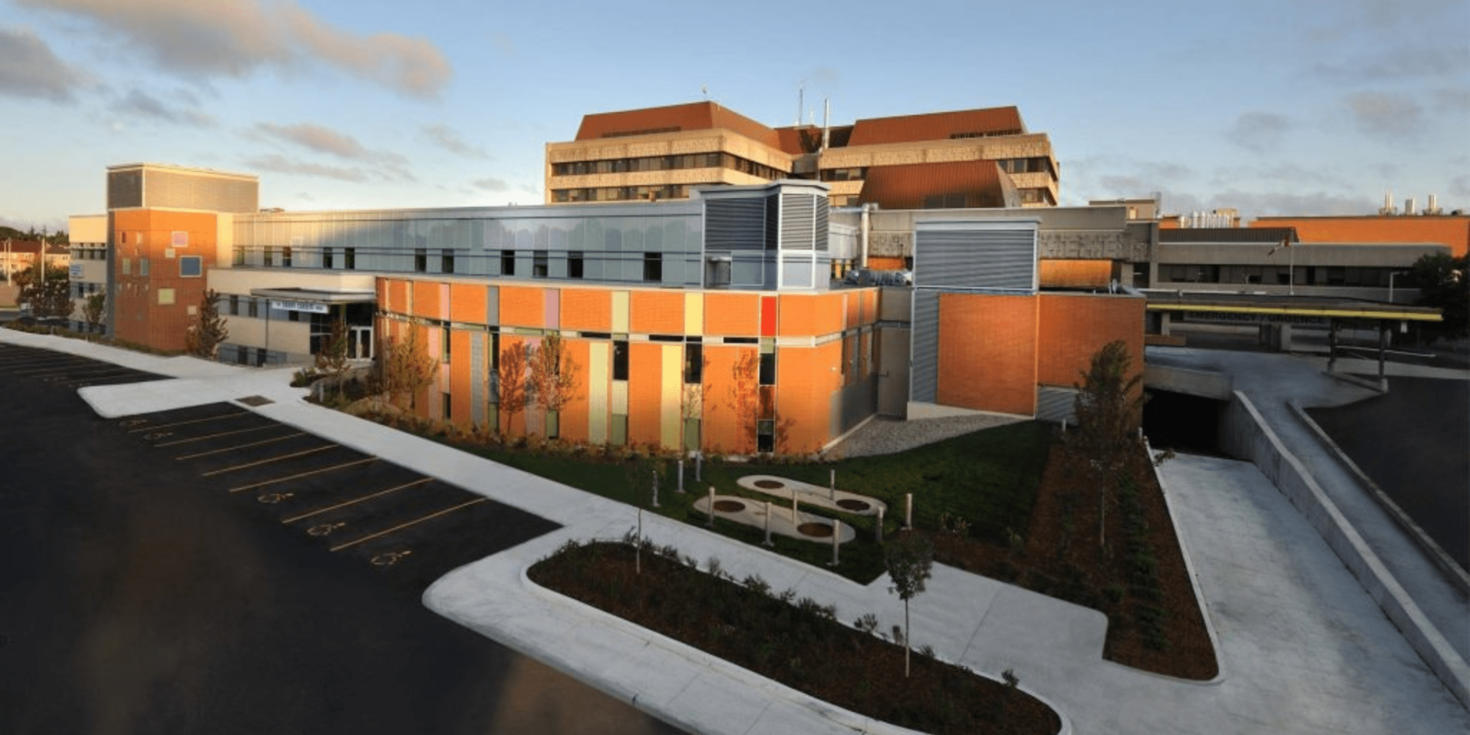The Division of Nephrology manages all common congenital and acquired kidney diseases in children and youth through a wide range of programs. We provide a full range of renal replacement therapy with the exception of kidney transplantation surgery, although we do provide follow-up care for post-kidney transplantation children.
We perform hemodialysis, peritoneal dialysis, plasma exchange and continuous renal replacement therapy. We also care for children with primary and secondary arterial hypertension. For indicated diagnoses on selected patients, we perform kidney biopsies. This constitutes an important element of our nephrology training program.
Inpatient care
The number of inpatient Nephrology consults for hypertension and the various kidney diseases listed above is approximately 1,000 visits per year.
Outpatient care
The division members see approximately 67 patient visits per week, with a total of 3024 patient visits per year.
In addition to general Nephrology clinics (four half-day clinics per week), we offer the following specialized clinics:
- Pediatric hypertension clinic - one half-day per week
- Clinic for chronic kidney disease, dialysis and post-renal transplantation - two half-days per week
- Reflux clinic for children with severe vesicoureteric reflux, performed jointly with the Division of Urology - one half-day per month
- Stone clinic for children with kidney stones,performed jointly with the Division of Urology - one half-day per month
- We maintain a dialysis unit equipped with five hemodialysis machines and two machines for continuous renal replacement therapy or plasma exchange. The number of chronic hemodialysis patients is 163 per year, with a total of 1505 hemodialysis sessions per year.
- Ambulatory blood pressure monitoring (ABPM) service, equipped with a total of five ABPM monitors (SpaceLabs). We have the ability to provide 24-hour blood pressure assessments for approximately 300 patients per year.
Clinical problems and diseases evaluated and followed
The Nephrology Division is primarily a consulting service (outpatients and inpatients) for the following types of kidney diseases:
Congenital kidney disease
- Kidney malformations (dysplasia, hypoplasia, ectopia, cystic diseases, hydronephrosis)
- Ureter and bladder problems (vesicoureteric reflux, bladder malformations/dysfunction)
- Urethral problems (posterior urethral valves)
Acquired kidney disease
- Urinary tract infections
- Nephrotic and nephritic syndromes
- Glomerulonephritis
- Hypertension
- Kidney stones
- Hematuria
- Proteinuria
All of these diseases are managed in close cooperation with the Division of Urology at CHEO.
Acute Renal Failure (ARF)
We provide complete care for children with ARF, including conservative management as well as all forms of renal replacement therapy as listed below. This is done in cooperation with the CHEO Intensive Care Unit (ICU).
Renal Replacement Therapy (RRT) involves:
- Hemodialysis (HD), both acute and chronic
- Peritoneal dialysis (PD), both acute and chronic
- Continuous renal replacement therapy (CRRT)
- Plasma exchange therapy
- Kidney transplantation
Chronic Kidney Disease (CKD)
We provide comprehensive care for children with CKD including conservative management and all forms of renal replacement therapy as listed above. If there is a need for renal replacement therapy, children are prepared for either chronic dialysis followed by kidney transplantation or directly for kidney transplantation. Chronic dialysis therapy is provided in our Dialysis Unit at CHEO.
Kidney transplantation
Kidney transplants are done in cooperation with the Hospital for Sick Children in Toronto, Montreal Children’s Hospital or The Ottawa Hospital. Two different types of transplants are offered and managed by CHEO:
- Cadaveric where the organ comes from a deceased donor
- Living related where the organ comes from family members
Although the transplant surgery is not performed at CHEO, we provide comprehensive pre-transplant preparation and post-transplant follow-up for our children.
